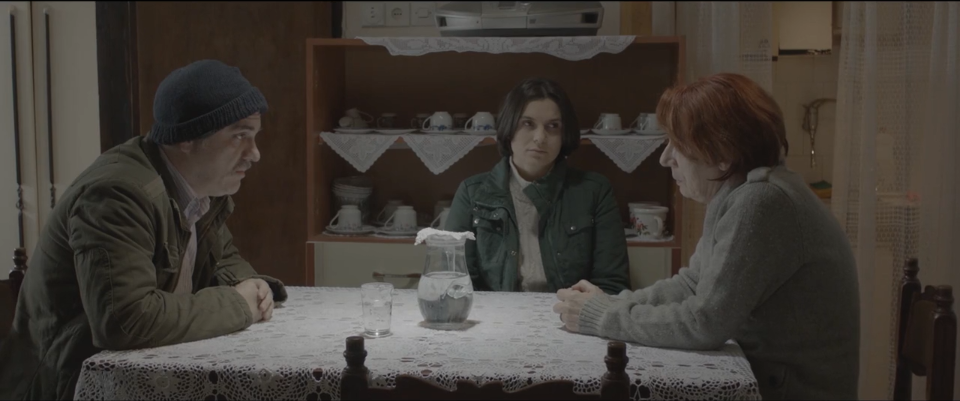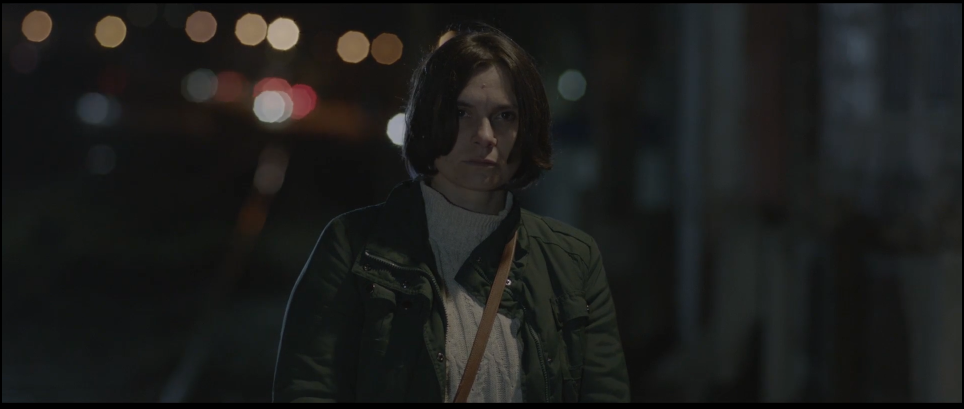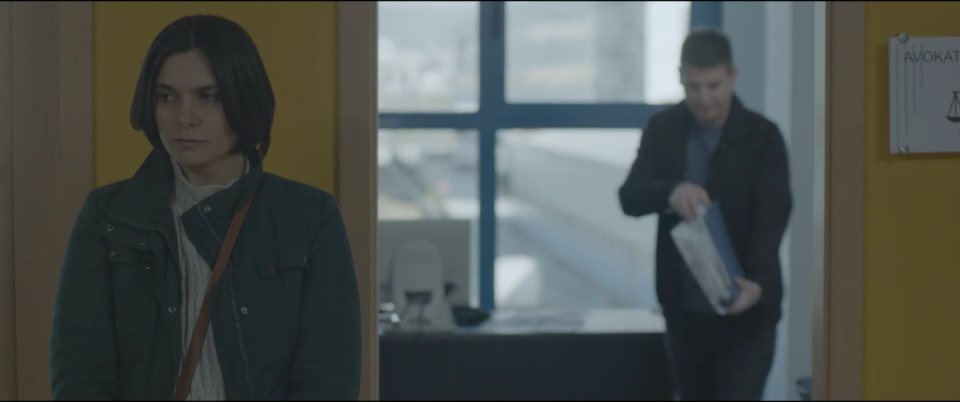Home




With reference to custom and tradition, the law of inheritance for women* in Kosovo is de facto repealed, despite the fact that the legal situation is different. Their inheritance divided among their male relatives, while they are expected to be satisfied with a livelihood as a wife. But Hava, the main character in More Raça’s short film “Home”, defies the prevailing norm in several ways.
In her short film Home, More Raça denounces the unequal treatment that women* in post-war Kosovo continue to struggle with despite formal equality. After the death of her parents, Hava has no claim to either the financial inheritance or the house in which she grew up. She is in her thirties and makes no effort to find a husband. In this situation, her brother Qazim is expected to find a husband for her so that she can be “taken care of”. “Put on some lipstick,” he instructs her as he leads her to an arranged meeting with an acquaintance who is willing to marry. But Hava resists her brother’s plans and threatens to become homeless, already poverty-stricken.
“The problem of inheritance is very concerning. In 2016, only 4% of women have inherited property from their parents – this small percentage indicated that this is a huge issue. This is due to women being deprived of the right to inherit property, it has subsequently pushed me to deal with the topic in my film, since these statistics are worrying and show that women in Kosovo are not treated the same, although legally they are now on a similar footing, there is a lack of implementation.” (Raça in Hepworth 2017)
More Raça, herself born in Kosovo, addresses the continuing power of patriarchal structures in a society in transition and shows how the interlocking of structural, symbolic and interpersonal violence against women limits their options for action. Home stages the struggle for the ability to act and self-determination within patriarchal conditions as an example. The search for a place of equal rights, for a “home”, confronts the protagonist with difficult decisions. The self-confident, confident camera work is a reflection of the main character’s emotional world.
Statement
“I was six when the war in Kosovo happened and we were forced to leave our homes. During my stay as a refugee in Macedonia, I witnessed something magical. Someone came to screen, for us, Charlie Chaplin movies and cartoons. I used to watch them since I was always into movies, and for me that was an escape from the bitter reality we were experiencing. It gave me a feeling that everything would be ok, that I was safe and would soon return home. Film has this power on people. It gives you power when you’re hopeless; it is magic.” (Raça in Prestridge 2019)
More Raça
*1992 Kosovo. Studied film at the University of Prishtina (BA and MA degrees) and is currently doing her Ph.D. there as a university assistant. Her short films about the unequal treatment of women* in Kosovo have been shown at numerous international film festivals (Cairo, Manhattan, Florida, Edinburgh…). In 2019 her first feature film Andromeda Galaxy was released, which received the “Glocal in progress” award at the San Sebastian Film Festival. In 2019 she was also part of the “Berlinale Talents”.
References
Hepworth, Alexandra: “HOME: A Taxing Inheritance As Told By More Raça”. In: filminquiry.com, 15.08.2017, https://www.filminquiry.com/home-short-film-review/ [05.09.2020].
Prestridge, James: “Close-up: An Interview With Filmmaker More Raça”. In: closeupculture.com, 25.07.2019, https://closeupculture.com/2019/07/25/close-up-an-interview-with-filmmaker-more-raca/ [05.09.2020].


